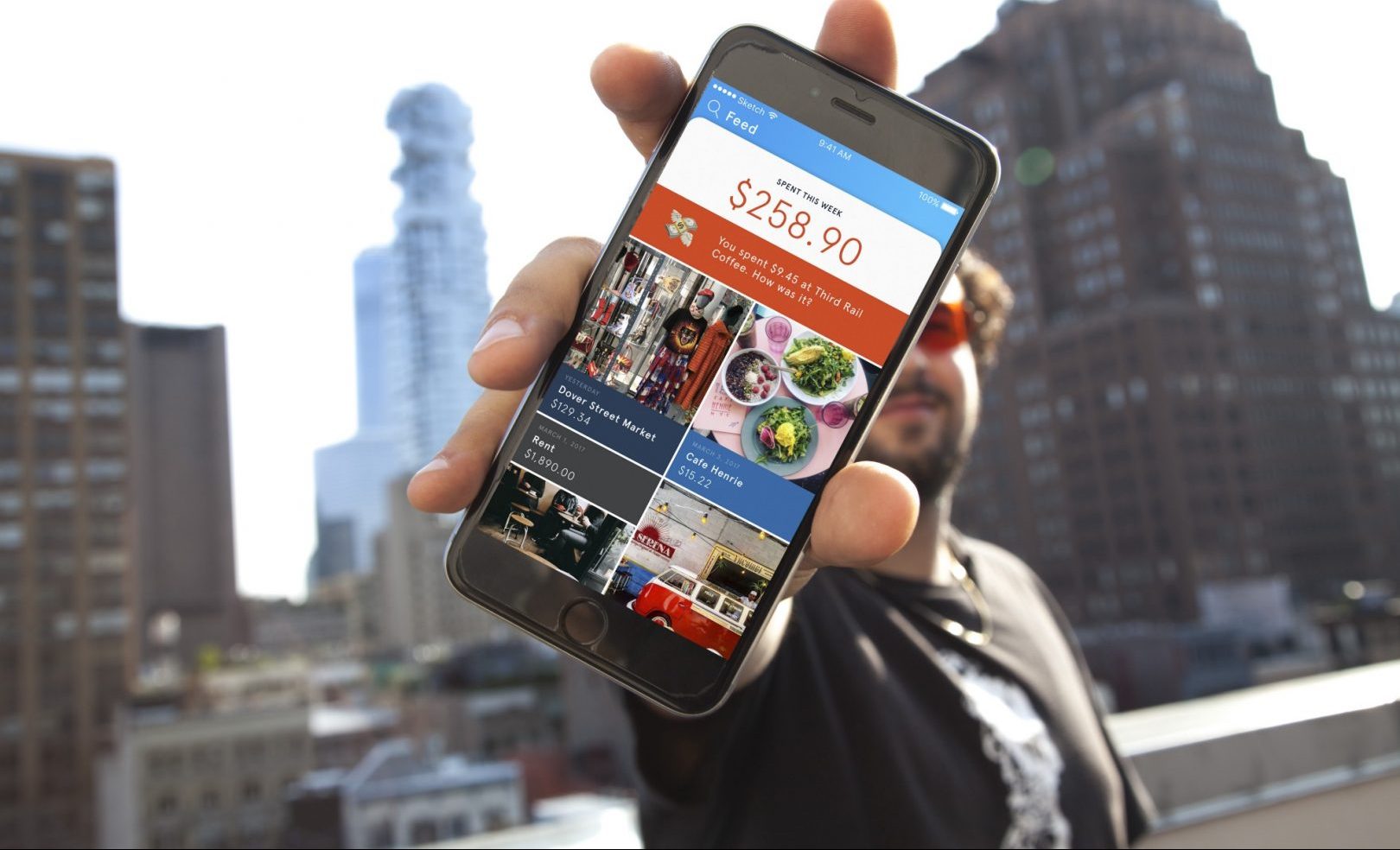As the last of the millennials leave college and head out into the real world, many of them have acquired the skills to make money, but are struggling with the saving part of the equation. According to CEO and co-founder of Exeq, Daniel Schwartz, 70% of millennials have less than $1,000 in their savings accounts and 60% of them live from paycheck to paycheck.

Regardless of why millennials are lacking in the knowledge of how to properly save their hard-earned cash, it is a well-known problem and one that other tech startups have already tried to tackle. When you think about it, giving millennials an app to better manage their finances is a smart move. Millennials don’t necessarily trust banks, but they do trust technology. So, when they want guidance on how to spend their money, a digital financial advisor is the way to go.
Daniel Schwartz’s Exeq is the latest personal finance app to the enter the fray, with the promise that “Exeq isn’t about showing you other places where you can spend, it’s about showing you the places where you should spend — where you’ll get the best experience for the best price.”
Planning for the Future with Exeq
The people behind Exeq hear it all the time: “What makes this app any different from Mint, Digit, or Betterment?” There are a few ways the people behind Exeq believe it will be able to stand out from the crowd. For starters, they don’t like to refer to the app as a “budgeting” app; they want users to view it as a “spending” app. In essence, they want to remove the fear of budgeting and use smart spending suggestions to instill better habits in millennials.
The app is set to launch later this summer, but we do have some insights into how it will work now:
- Users can connect all their bank account information into the platform, so Exeq can easily track money coming in and out.
- Users will then create a spending limit for each month, which Exeq will monitor.
- The app will notify users about their spending activity as it relates to the limit they’ve set. For example, if they go under budget, the app will suggest moving those unused funds into their savings account.
- The app also provides budget-friendly alternative recommendations.
Now, the second component of Exeq is where they’re really hoping to make a difference and to provide a better personal finance solution to their users. Like other finance management apps on the market, Exeq will use customers’ financial data to track spending and consequently provide them with better spending suggestions. However, Exeq doesn’t want to shuttle users out to other financial products for assistance with savings accounts, credit cards, or personal loans.

Schwartz explained how he envisions this to Alley Watch:
“Clients can open an Exeq savings account directly on our platform, and they can also open an Exeq investment account when they’re ready. And what this does is it creates a closed architecture platform where users can seamlessly start investing and start saving with a few clicks of a button.”
Schwartz, the 21-year-old CEO of the company, does not believe that financial institutions know what they’re doing or that they don’t care enough to do anything about it. He continued, “They are spending billions and billions of dollars trying to target millennials and sell us on different products when they don’t even understand our needs, our habits, and most importantly our culture.”
A New Way for Millennials to Manage Their Personal Finances?
As of writing this, there are currently over 25,000 people in New York City (the only place the app will be available) waiting to sign up. Exeq had also received $2.2 million in funding since its founding two years ago, so there is interest in the app coming from all sides.
Until the app itself is released, though, we won’t really know if Exeq will prove to be any better than other personal finance apps, especially the ones that integrate with users’ other personal finance management tools.
The way Schwartz sees it, “Every single one of our competitors focus on something very niche — Betterment on investment management, Digit on small savings, Mint on categorized spending, etc. — but how does this advance the overall financial well-being and education of a generation that’s being truly left out? We think the only way people are going to have high quality advice and a high quality financial life is when they are all integrated into one holistic experience.”

Perhaps he is right and millennials will flock to the convenience of this all-in-one personal finance solution. But will convenience trump the potential annoyance or frustration? Millennials are a generation that knows what they want, when they want it. We’re not so sure they’ll take too kindly to an app telling them “don’t shop here”.
We’re also not sure if they’ll be too happy with Exeq’s focus on cross-selling their own financial products. With other apps, their focus is on keeping users aware of how much they’re spending while making gentle suggestions on where to cut back. When they suggest alternate finance management options, they’re for third-party providers, and they’re almost always done as a sidenote. That’s not going to be the case with Exeq that ultimately wants to be viewed on par with a financial institution.
——————————–
Feature image courtesy of Medium

